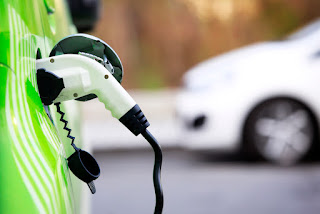What will the future of motoring be like?

Technology is advancing at rapid rates, and the way that we drive is constantly changing. So what’s in store in the future? Of course, there’s no definite answer to this question, but there are plenty of concepts being worked on right now that could shape the future of motoring. One thing we could see is a lot more electric powered cars. They may not all be fully electric, but they’ll probably use the engine to support an electric motor. Cars should become more efficient, more environmentally friendly and just an all-round better driving experience. On the subject of electric cars, a fully electric car could become incredibly more efficient. Currently, the biggest problem with electric cars is the lack of charging and poor driving distance. However, we could see this be solved in the near future, with quicker charge times and up to 500 miles distance on a single charge. Wireless chargers could become an easier way to juice up your car, simply needing you to park your car ...





